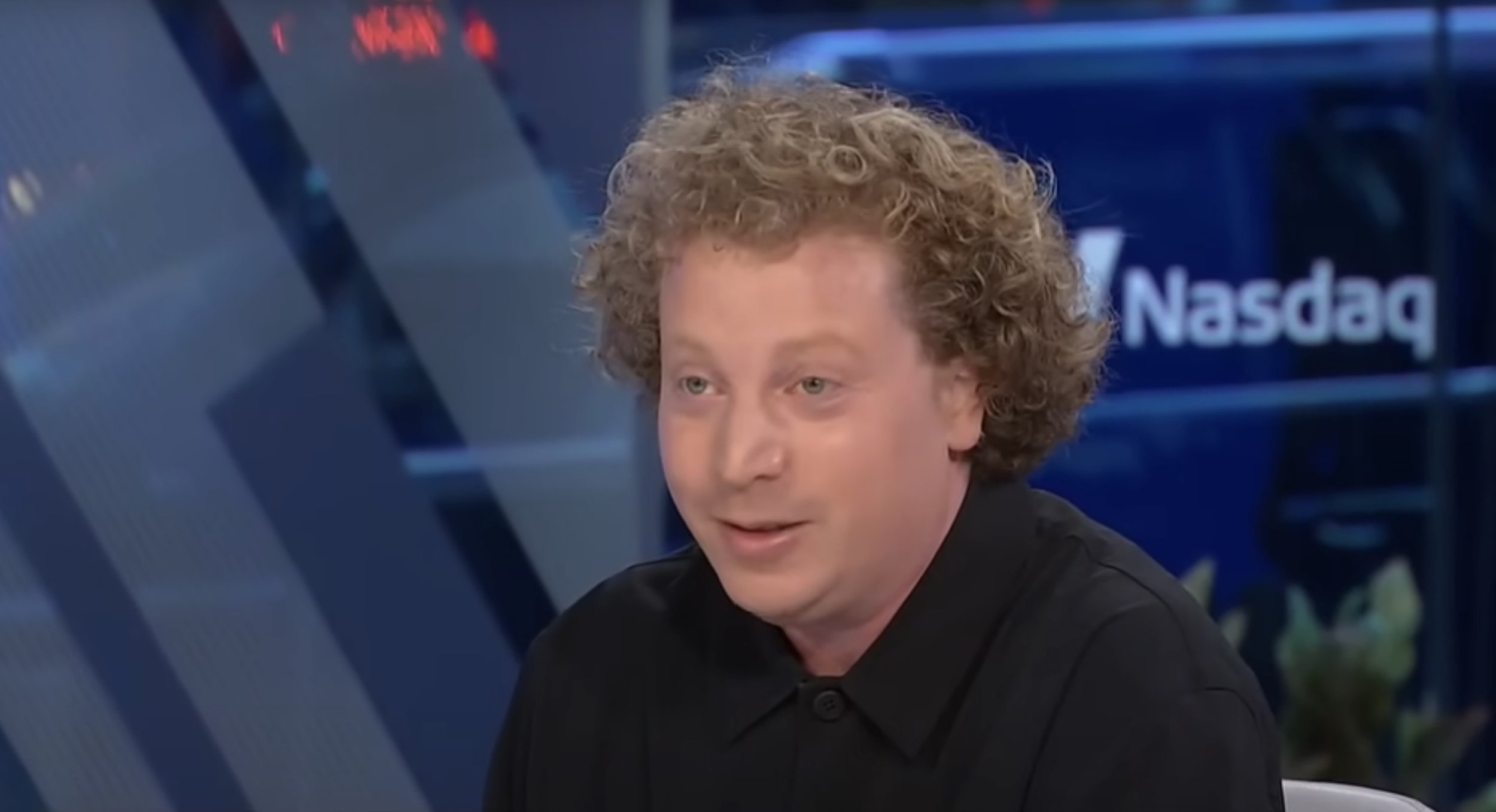AI Could Mark “The End Of Human Creativity,” Says CEO Restoring Orson Welles' Lost MAGNIFICENT AMBERSONS Footage
Artificial intelligence is shaking up every corner of entertainment, and Edward Saatchi, CEO of Amazon-backed startup Fable, believes it may be rewriting the future of creativity itself.
During an appearance on CNBC’s Squawk Box, Saatchi called AI “possibly the end of human creativity” as something exclusive to our species. Surprisingly, he doesn’t see that as a negative shift.
“What’s coming is a world where we’re not the only creative species,” Saatchi said. “And that we will enjoy entertainment created by AIs. So, we wanted to train our AI on the greatest storyteller of the past 200 years, Orson Welles.”
That mission is already underway. Fable’s interactive platform Showrunner has launched a “non-commercial, academic” project to digitally reconstruct missing footage from Orson Welles’ 1942 classic The Magnificent Ambersons.
Considered one of Hollywood’s greatest lost films, about 43 minutes of Welles’ original cut were destroyed, with Warner Bros. re-editing the film into a version with a tacked-on happy ending. The fate of the missing reels has long been a mystery, with many hoping they might resurface in Brazil, where Welles was at the time of the cuts.
Saatchi described the effort, saying, “This painstaking AI reconstruction over the next two years aims to get as close as possible to Welles’ exact vision – as close as possible without finding the destroyed footage.”
While Warner Bros. isn’t officially backing the initiative, the studio has been active in restoring other classics like The Wizard of Oz and Willy Wonka and the Chocolate Factory. This latest experiment shows how AI might help preserve and even reimagine cinema history.
But not everyone in Hollywood is cheering AI’s creative rise. Writers, actors, and filmmakers remain concerned about job displacement, concerns that fueled the 2023 strikes by the WGA and SAG-AFTRA. Saatchi admits AI will disrupt traditional creative work but argues it could open new opportunities for revenue. His company has already been in discussions with Disney and other major studios.
“You could imagine a world where a movie would come out on a Friday, with [an AI model] alongside it, day-and-date,” Saatchi said. By the end of opening weekend, “there are millions of new scenes” and even full fan-generated features circulating online.
A year ago, many studios resisted the idea, but Saatchi says that’s changing as executives realize the profit potential. “They could make enormous amounts of money,” he explained, pointing out that it’s better for studios to benefit directly rather than letting tech giants like Google scoop up all the rewards.
Saatchi even framed AI’s creative power in historical terms. “Computers generating original work is something Warhol would have found very exciting, DaVinci. The idea that AI can be creative and that you can create a work of art that creates more works of art is really exciting.”
The project has also drawn the expertise of filmmaker and researcher Brian Rose, who has spent the last five years working to piece together The Magnificent Ambersons using surviving scripts, notes, set photos, and archival materials. Rose went so far as to rebuild the original sets in 3D and map out Welles’ intended camera moves.
Of the film’s original 73 scenes, Rose explained that “21 were either cut completely or reshot, and 39 were shortened. Only 13 were left intact. They just radically altered the film. These changes were all made without Welles’s approval.”
If successful, Showrunner’s work could bring audiences closer than ever to experiencing Welles’ true vision of The Magnificent Ambersons while also sparking new conversations about whether AI will enhance human creativity or ultimately replace it.
